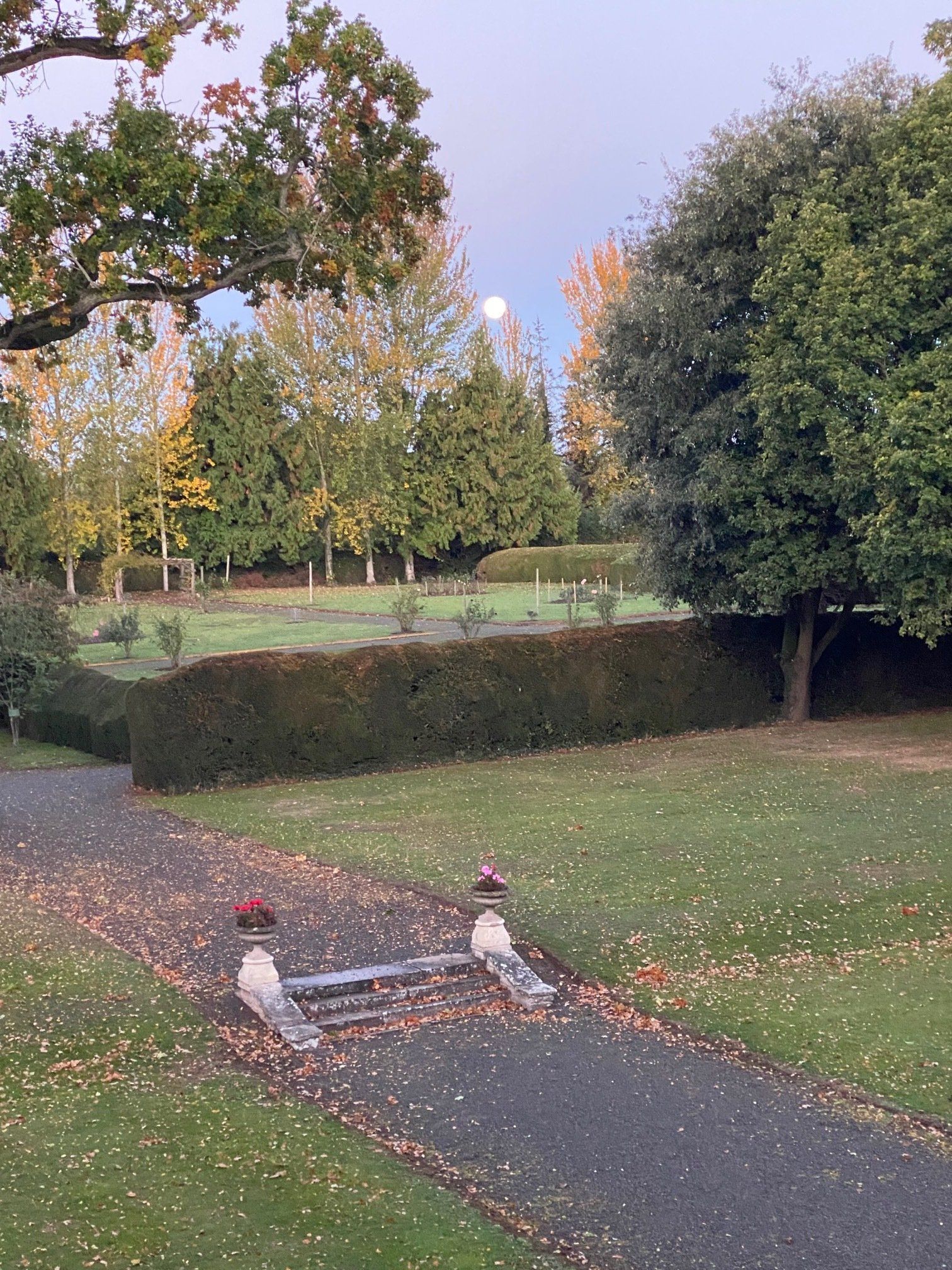Message of Abbot Paul - Tuesday 11th October 2022
Abbot Paul • October 11, 2022

It’s beginning to get colder at night, so when Toby and I go out at a quarter to six each morning, it’s still cold, but as I’ve had a hot shower, I really don’t feel the cold. During this early morning walk it’s usually very quiet, so I enjoy saying the Rosary. At six o’clock the church bell rings the Angelus, which I also enjoy saying. At this time of year, I wear a miner’s torch, which is useful for making sure where Toby is and what he’s up to. It should be said that he never lets me out of his sight. These past few mornings we have been accompanied by a pair of robins, curious to see where we’re going. It’s lovely to see them so full of life and vigour and obviously enjoying our company.
Our Gospel passage from Luke, (Lk 11: 37-41), recounts what happened when Jesus was invited for a meal in the house of one of the Pharisees. “Jesus had just finished speaking when a Pharisee invited him to dine at his house. He went in and sat down at the table. The Pharisee saw this and was surprised that he had not first washed before the meal. But the Lord said to him, ‘Oh, you Pharisees! You clean the outside of cup and plate, while inside yourselves you are filled with extortion and wickedness. Fools! Did not he who made the outside make the inside too? Instead, give alms from what you have and then indeed everything will be clean for you.’”
It appears that Jesus alone has been invited to the Pharisee’s house, as there’s no mention of his disciples. Jesus goes in and sits at table without washing his hands ritually beforehand. He obviously does this purposely so as to draw his host’s attention, which leads to the important teaching he wishes to give. He points to two problems with the behaviour of the Pharisees that go against the law of God. In the first place, Jesus has nothing against norms of hygiene, but emphasises the need that the Pharisees have of repentance and conversion. They need to purify their hearts and minds, as well as wash their hands before eating. Then he points to their need to give alms, as they tend to be greedy and possessive of all they own, but not generous towards the poor and needy.
Are there areas of our lives, for example, that need to be put in order before God? Is our religious observance, to some extent, tinged with superstition or superficiality? What is Jesus asking you and me to do in this short Gospel passage? The Gospel is read to make us think, and to change the way we live.









